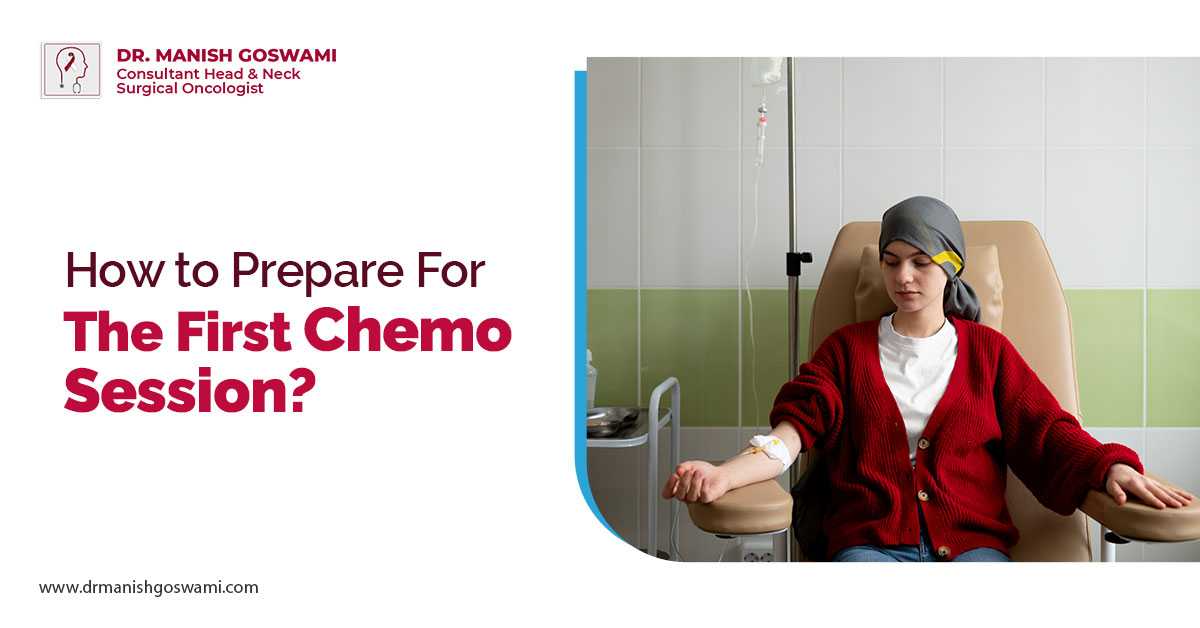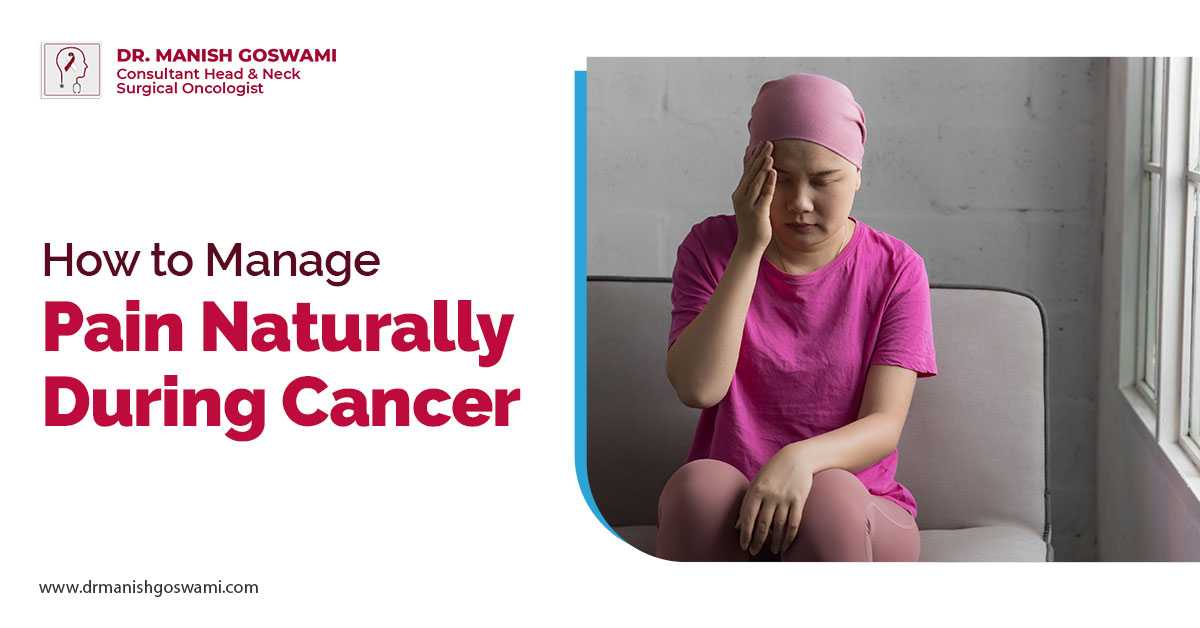Mentally, physically, and emotionally, cancer treatment might be overwhelming. Managing pain is one of the most common problems patients have while undergoing treatment. Pain can affect quality of life, regardless of whether it originates from the disease itself, treatment side effects, or associated medical conditions.
However, there are numerous effective strategies for managing and minimizing pain. Get support from the leading doctors for cancer treatment in Siliguri or near you. This blog will offer helpful coping mechanisms and a simple explanation of pain throughout cancer care. Be sure to listen to your cancer expert for a secure and supportive recovery.
Overview of Cancer Pain
-
Growths that press against organs, nerves, or bones.
-
Radiation, chemotherapy, and surgery may result in either short-term or long-term pain.
-
Further causes include exhaustion, infections, or linked medical disorders.
Why Pain Management Matters
-
Improve your quality of sleep.
-
Keep moving.
-
Eat more comfortably.
-
Reduce your levels of anxiety and depression.
-
Stick to their treatment regimens.
Talking to Your Cancer Doctor About Pain
-
Maintain a pain journal by noting the onset of the pain, its duration, and its intensity.
-
Give a detailed description of the pain, including whether it is throbbing, stabbing, burning, or aching.
-
Take note of what improves or degrades it, including food, medicine, relaxation, or activities.
-
Describe any adverse effects of your painkillers, such as nausea, constipation, or drowsiness.
Different Options for Pain Relief for Cancer Patients
Medications
-
For more severe pain, stronger drugs, such as opioids, may be utilized, and these need to be closely watched.
-
Drugs that were initially prescribed to treat other illnesses, such as antidepressants or anti-seizure medications, can also be used to treat nerve pain.
Medical Procedures
-
Radiation therapy: Reduces tumors that press against bones or nerves and create discomfort.
-
Injections: These numb particular nerves are known as nerve blocks.
-
Surgery: Occasionally used to remove or shrink painful tumors.
Physical Therapy
-
Mild activities to increase muscle strength and range of motion.
-
May ease tense muscles and encourage rest.
-
Applying ice packs or heating pads might help reduce pain in specific areas.
Body-Mind Methods
-
Yoga, meditation, and deep breathing can all help reduce tension and the perception of pain.
-
By imagining peaceful settings, one can divert attention from discomfort.
Alternative Therapies
-
Acupuncture: It helps some patients with their nausea and pain.
-
Aromatherapy: Relaxation may be encouraged by several essential oils.
-
Art Therapy and Music: These are two creative pursuits that help elevate mood and lower stress.
Lifestyle Tips to Help Manage Pain
-
Stretching and light walking can help you feel less tight and have more energy.
-
Eating a healthy, balanced diet will help your body stay strong and active.
-
Establish a relaxing evening ritual and go to bed at the same time every night to cultivate healthy sleeping habits.
-
Drink a good amount of water to aid with the side effects of medications, such as constipation.
-
Journaling, prayer, mindfulness, and quality time with loved ones can all help with coping.
Managing the Emotional Impact of Pain
-
Communicate honestly with those you care about: Talking about your difficulties helps you feel less alone.
-
Seek expert assistance: Coping mechanisms might be obtained from a psychiatrist, psychologist, or counselor.
-
Participate in support groups: It can be reassuring to connect with people who are experiencing similar things.
Making a Plan for Pain Management
A customized strategy could include:
-
Maintaining contact with your medical staff.
-
A mix of therapies, including prescription drugs, physical therapy, and relaxation methods.
-
Keeping tabs on pain thresholds and modifying as necessary.
Reducing pain sufficiently to enable you to live more easily and continue with everyday activities is sometimes the aim rather than totally removing it.
When You Should Seek Immediate Help
-
Pain feels different or grows worse all of a sudden.
-
Medications quit working.
-
You experience significant side effects, like excessive sleepiness, disorientation, or difficulty breathing.





